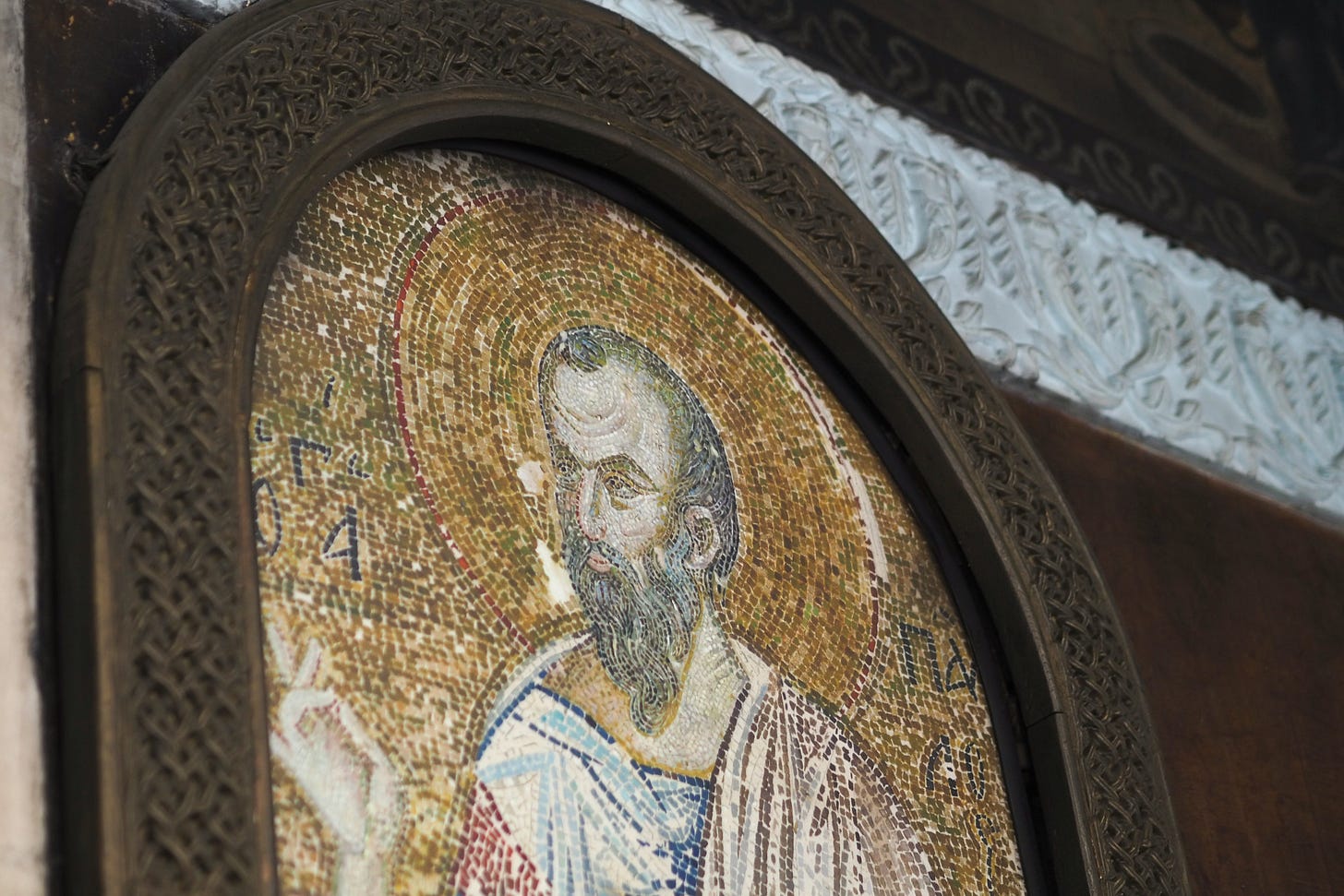On Grace and Free Will
A short work by Saint Augustine
I have begun undertaking research for a book I am considering writing about divine justice. A subject that is central to debates surrounding justice is the relationship between divine sovereignty and human free will. This is in fact the area of theology that has interested me the most in my life so far, as there have historically been many differing perspectives on the subject among philosophers and theologians.
On my reading list as part of this research was On Grace and Free Will by Saint Augustine, who is a prominent figure in the history of Catholic theological writers. The book is in the public domain and is therefore easy to find online at a relatively low price should you be interested in reading it.
In the book, Augustine takes aim at the theology of the Pelagians, who seem to have over-emphasised the freedom of the human will so as to belittle the importance of divine grace in the author’s view. Augustine himself takes what seems to be a compatibilist position, defending the necessity of grace for salvation but also maintaining that human beings do to some extent have free will. His argument is that this is the clear teaching of Scripture, and he quotes extensively from the Bible to support his arguments.
There are times in the book when Augustine argues for a high view of the sovereignty of God and suggests that He is acting even in the hearts of wicked people. One such passage is as follows:
See, then, what proof we have here that God uses the hearts of even wicked men for the praise and assistance of the good. Thus did He make of Judas when betraying Christ; thus did He make of the Jews when they crucified Christ. And how vast the blessings which from these instances He has bestowed upon the nations that should believe in Him! He also uses our worst enemy, the devil himself, but in the best way, to exercise and try the faith and piety of good men, -- not for Himself indeed, who knows all things before they come to pass, but for our sakes, for whom it was necessary that such a discipline should be gone through with us.
The above quotation seems to suggest an understanding that God creates evil for the ultimate good of those He chooses for salvation and demonstrates a high view of God’s sovereignty. However, the following quotation from a little later in the book provides evidence of a compatibilist stance:
Now if God is able, either through the agency of angels (whether good ones or evil), or in any other way whatever, to operate in the hearts of the wicked, in return for their deserts, -- whose wickedness was not made by Him, but was either derived originally from Adam, or increased by their own will, -- what is there to wonder at if, through the Holy Spirit, He works good in the hearts of the elect, who has wrought it that their hearts become good instead of evil?
As I have found to be the case with many Christian writers, there is with Augustine an unwillingness to deny free will because it seems to be such an integral part of the biblical plan for salvation, judgment and divine justice.
My own position, as argued extensively in my books, is that in reality we do not have free will at all. While we may experience modes of mind where we feel as though we are acting freely, in reality the entirety of creation is under God’s control and due to His omnipresent nature, the idea of humans being truly free in any real sense is erroneous (I recommend my book God’s Grand Game for an in depth exploration of this perspective).
On Grace and Free Will is a short book composed of relatively short chapters, which makes it an easy read. The book demonstrates a high regard for and knowledge of the Bible, as one might expect from Augustine, and serves as a useful examination of what is perhaps an orthodox understanding of the relationship between divine sovereignty and human free will in Christianity.


